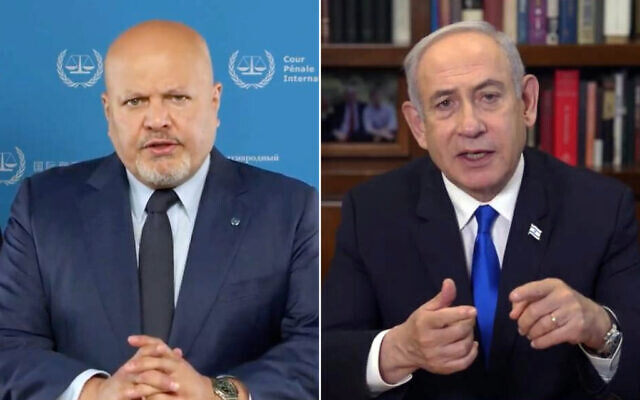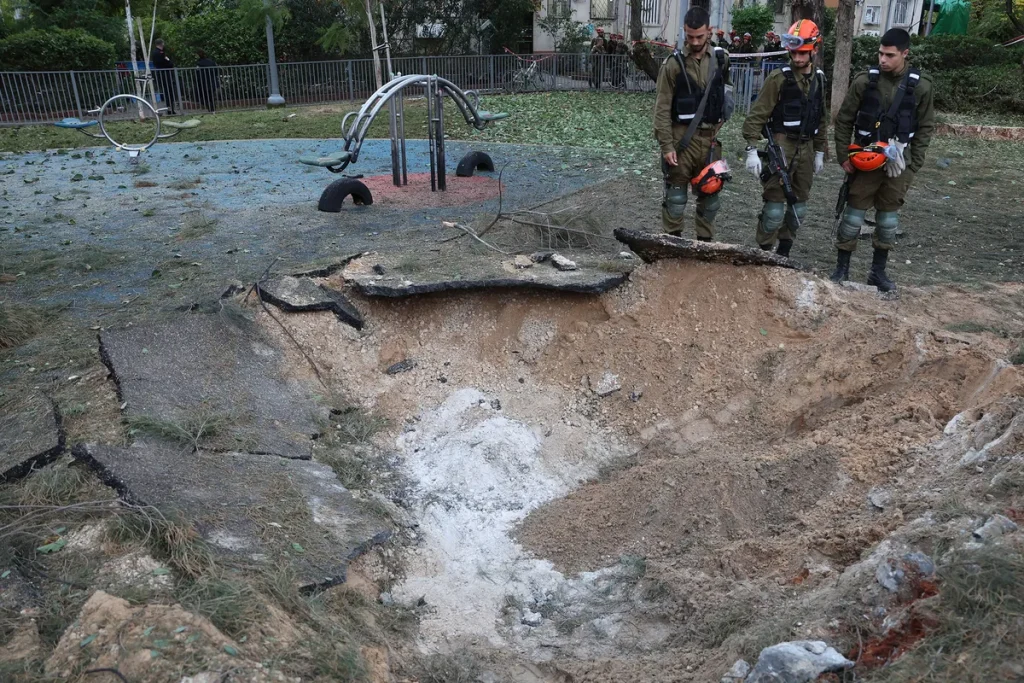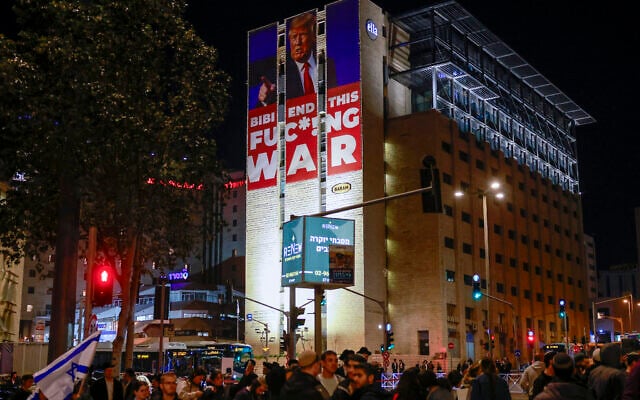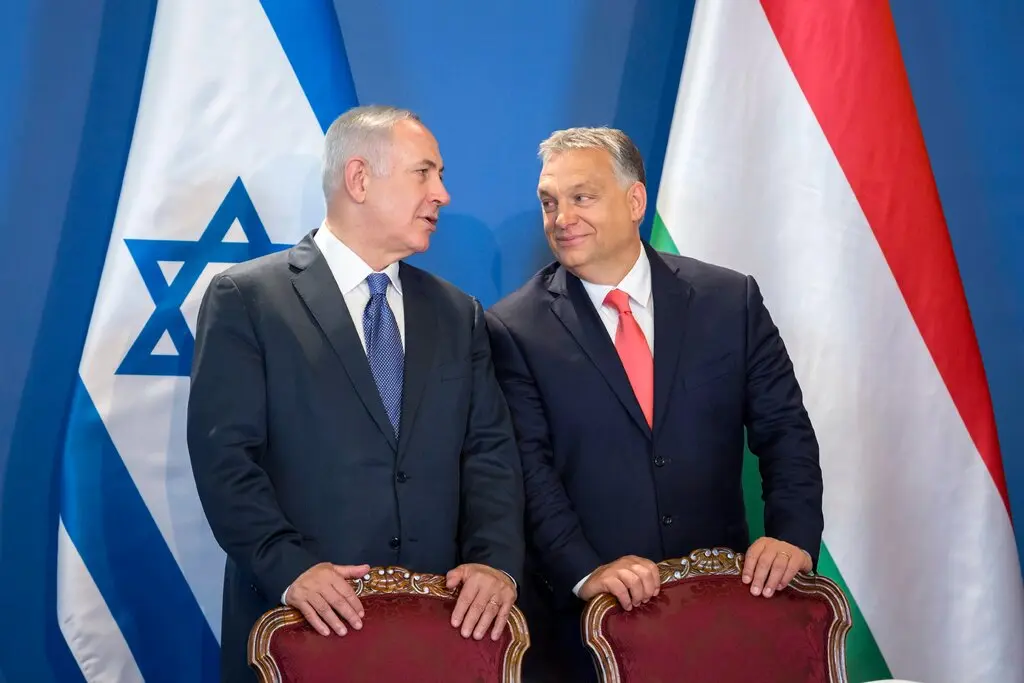Netanyahu approves sending negotiators to Qatar to resume Gaza deal talks
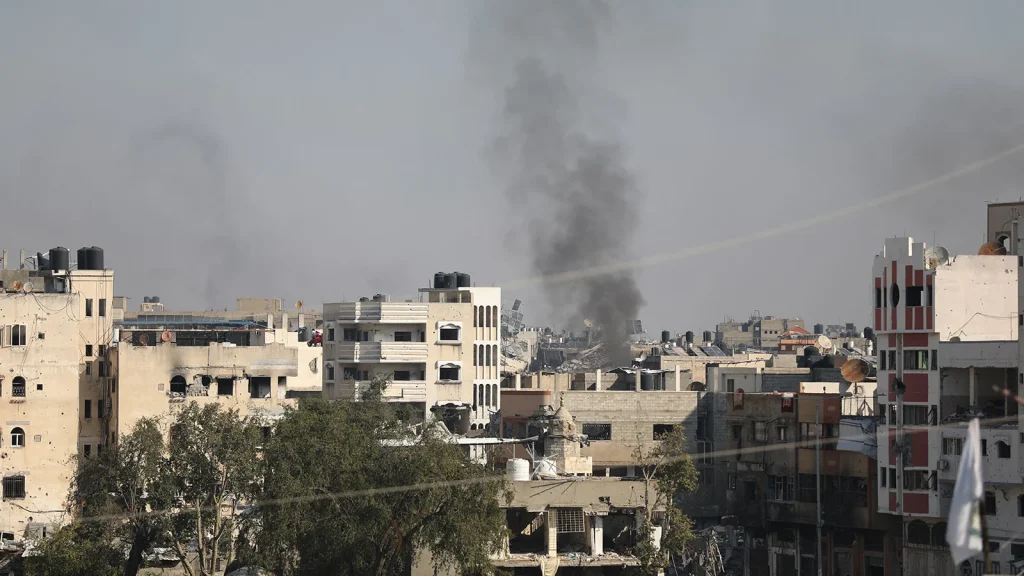
Israeli Prime Minister Benjamin Netanyahu has approved the decision to send negotiators to Qatar to resume talks surrounding a potential deal regarding Gaza. This decision marks a significant development in the ongoing Israeli-Palestinian conflict and highlights the complexities of the region’s diplomatic efforts. The move comes as part of Israel’s broader strategy to address the humanitarian situation in Gaza and explore possibilities for ceasefire agreements and peace negotiations.
The approval of this diplomatic step follows a series of escalating tensions in Gaza, where violence and conflict have intensified in recent years. Netanyahu’s government has faced pressure from both international actors and domestic groups to find a way to de-escalate the violence and bring about a lasting resolution. The decision to send negotiators to Qatar underscores the importance of regional diplomatic engagement, especially with countries like Qatar, which has long played a role in mediating discussions between Israel and Hamas, the militant group that controls Gaza.
Qatar’s role as a mediator has been central in past negotiations, and the country has long positioned itself as a key player in Middle Eastern diplomacy. In recent years, Qatar has provided financial assistance to Gaza, focusing on humanitarian aid, infrastructure development, and support for displaced persons. Qatar’s unique position allows it to maintain relations with both Israel and Hamas, which is crucial for facilitating dialogue and potential ceasefire agreements.
The timing of this diplomatic move is particularly important as Gaza has faced severe humanitarian challenges. The region has been severely affected by a prolonged blockade, periodic military operations, and internal strife. The humanitarian situation in Gaza has become one of the most pressing concerns in the Middle East, with calls from international organizations for a ceasefire to alleviate the suffering of civilians caught in the crossfire of ongoing hostilities.
The involvement of negotiators in talks with Qatar is seen as a crucial step towards alleviating the humanitarian crisis and addressing the underlying causes of the conflict. Israel has been under pressure to find a diplomatic solution, especially as the international community has increasingly called for a two-state solution and greater efforts to address the needs of Palestinian civilians.
While Qatar’s involvement is seen as a positive sign, many questions remain regarding the success of these negotiations. Hamas, the ruling power in Gaza, has been resistant to direct talks with Israel, and the situation in Gaza is complicated by the political divisions between Hamas and the Palestinian Authority, which governs the West Bank. The internal Palestinian political divide adds a layer of complexity to any peace talks or ceasefire agreements.
Furthermore, Netanyahu’s government has faced its challenges. Critics have raised concerns about the Israeli government’s handling of Gaza, with some arguing that Israel’s military strategies and policies have contributed to the suffering of civilians and the lack of progress in peace negotiations. Others argue that a lasting solution to the Gaza conflict will require more than just ceasefire deals and that addressing the broader political and territorial disputes between Israel and Palestine will be necessary for long-term peace.
Despite these challenges, the decision to send negotiators to Qatar signals a willingness from Netanyahu’s government to engage in dialogue and explore diplomatic solutions. Qatar has demonstrated a commitment to mediating between Israel and Hamas in the past, and Israel’s willingness to engage in talks with Qatar suggests a possible shift in strategy toward diplomacy. The hope is that these talks can help to de-escalate tensions and ultimately lead to a more sustainable peace process in Gaza and the broader Israeli-Palestinian conflict.
As the negotiators prepare to travel to Qatar, the eyes of the international community will be on the discussions, with hopes that the diplomatic process can lead to a cessation of violence, greater humanitarian aid to Gaza, and eventually a comprehensive peace deal. The road ahead remains uncertain, but the approval of these negotiations is a sign that there is at least some hope for progress in a region that has long been plagued by conflict.


